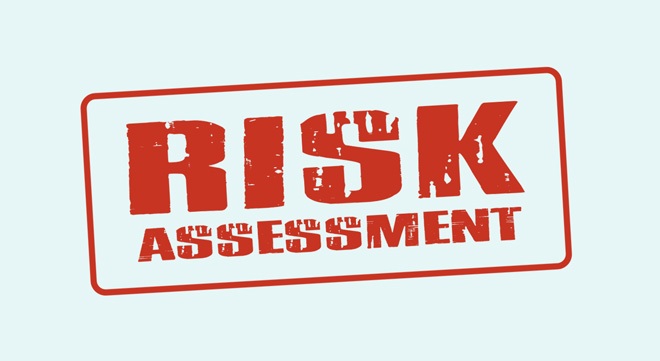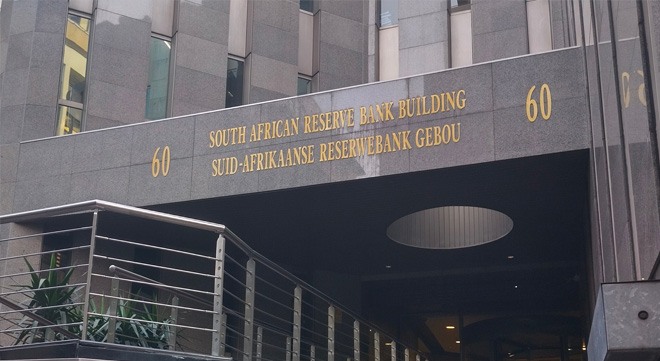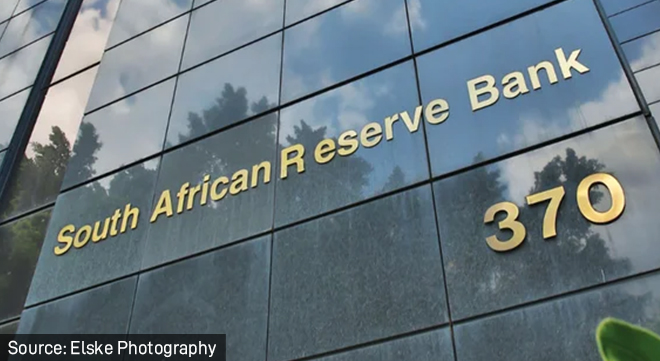
No RMCP, no excuse: FSCA fines three FSPs a combined R735 000
One of the sanctioned FSPs says it’s important to request virtual meetings with the FSCA after each feedback round to ensure all compliance expectations are met.

One of the sanctioned FSPs says it’s important to request virtual meetings with the FSCA after each feedback round to ensure all compliance expectations are met.

But institutions that file their RMCPs after the deadline are regarded as non-compliant and may be sanctioned.

They must submit a copy of their RMCP to the Financial Intelligence Centre by 12 March.

The Guidance Note reflects significant amendments relating to an accountable institution’s RMCP.

Guidance Note 7A provides further guidance to accountable institutions about their Risk Management and Compliance Programme obligations.

Standard Bank’s compliance failures include the untimely submission of suspicious activity reports and neglecting system alerts.

Risk management failings, inadequate customer due diligence, and lack of senior management oversight are key lessons for the industry.

The FSCA highlights the role of RMCPs in safeguarding financial institutions and the financial system after compliance breaches by two FSPs.

The Appeal Board dismisses an FSP’s argument that its close ties with its sole shareholder reduced the need for comprehensive due diligence.

Starting 30 April 2025, CASPs and FSPs will have to collect and share detailed client information when engaging in crypto transfers.

The firm of attorneys said its non-compliance was not intentional and was the result of a lack of awareness.

The fines on both banks run into millions of rands, but most of the penalties are conditionally suspended.

The owner of MIKA Finansiele Dienste emphasises that waiting for an audit before getting your house in order can have costly consequences.

The FIC’s latest annual report shows that out of 558 inspections conducted during the year, 269 specifically targeted the non-submission of risk and compliance returns.

The Prudential Authority discovered the non-compliance during a routine inspection conducted four years ago.

The non-compliance was discovered during inspections by the Prudential Authority in 2020 and 2022.

The effective fine of R7 million and other sanctions follow an inspection conducted four years ago.
Notifications